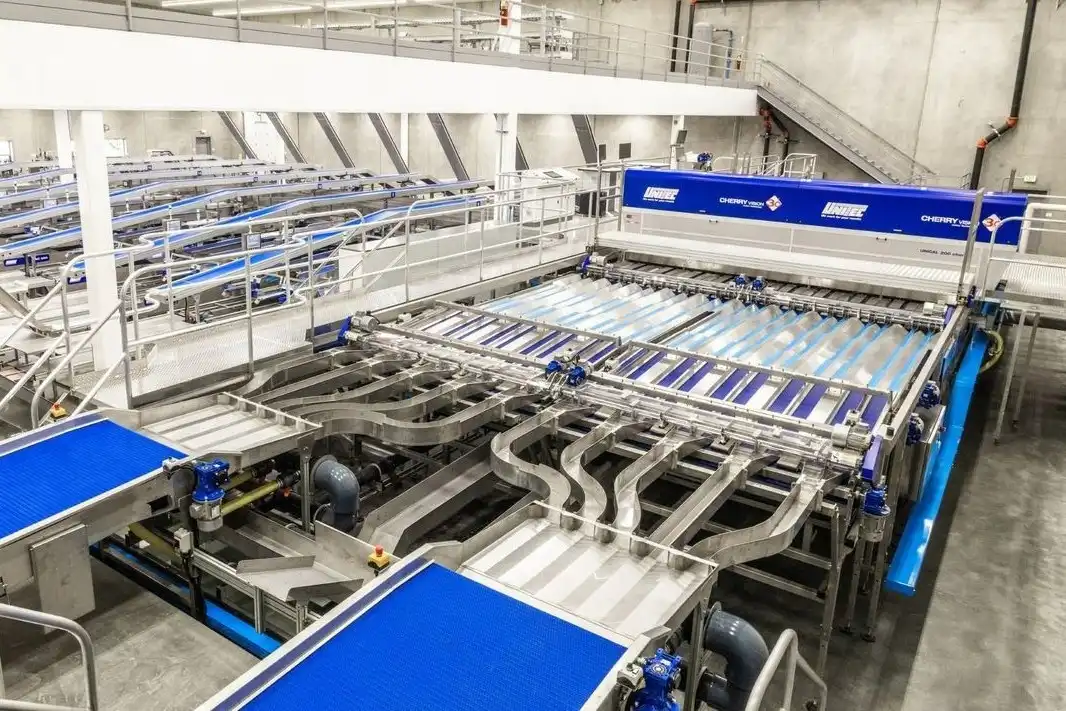Biodiesel is a fuel derived from renewable sources. This biofuel can reduce dependence on fossil fuels, especially when produced from unconventional raw materials, such as oil extracted from sour cherry kernels (SCKO). This byproduct of the food industry, previously undervalued, has proven to be a promising option for biodiesel production, as it does not compete with the food chain and helps reduce production costs while also contributing to sustainable industrial waste management.
Sour cherry kernel oil is characterized by a high content of unsaturated fatty acids, with 48.93% linoleic acid and 41.25% oleic acid, and a significant concentration of free fatty acids (FFA) at 14.6%. This high FFA level requires a preliminary esterification step before the oil can be used for biodiesel production.
A recent study from Serbia demonstrated that methanolysis catalyzed by calcium oxide (CaO) is an effective method to convert esterified oil into fatty acid methyl esters (FAME), a key component of biodiesel.
Through a kinetic analysis of the methanolysis reaction, researchers were able to model the process using two models: one based on a pseudo-first-order reaction and the other on the autocatalytic behavior of the reaction mechanism (CRM-AB). The results showed that both models were reliable in describing the reaction's progress. However, CRM-AB proved to be preferable due to its easier calculation and applicability throughout the entire reaction process.
Another key aspect of the study was optimizing operating conditions to maximize biodiesel yield. The optimal conditions for achieving the maximum FAME content (97.3%) were a reaction temperature of 56.3°C, a catalyst amount of 6%, and a methanol-to-oil molar ratio of 6:1. These parameters led to a biodiesel yield of 87.3 g for every 100 g of oil, meeting the international biodiesel quality standards EN 14214 and ASTM D6751.
From a thermodynamic perspective, the CaO-catalyzed methanolysis of SCKO was found to be an endothermic, non-spontaneous, and endergonic process, with positive values for enthalpy and Gibbs free energy and a negative entropy value. This suggests that the reaction requires a constant energy input to be sustained and that increasing the temperature promotes biodiesel synthesis.
The physicochemical properties of the biodiesel obtained from sour cherry kernel oil meet the standards required for use as a biofuel. The density (862 kg/m³) and kinematic viscosity (4.24 mm²/s) fall within European regulatory limits, as does the cetane number, which at 52 ensures quick and safe fuel ignition. Additionally, the high flash point (146°C) makes this biodiesel safe for transportation and storage.
In conclusion, sour cherry kernel oil represents a promising resource for biodiesel production, offering an economical and sustainable alternative to traditional oils. This approach not only diversifies the oil supply sources but also contributes to reducing production costs and environmental impact, by transforming industrial waste into value-added products. However, further studies on catalyst reuse and a complete techno-economic analysis are necessary for evaluating the large-scale viability of this process.
Source: Kostić, M. D., Đorđević, B. S., Miladinović, M. R., & Stamenković, O. S. (2024). Biodiesel production from sour cherry kernel oil: Kinetics, thermodynamics, and optimization. Energy Conversion and Management, 317, 118858. https://doi.org/10.1016/j.enconman.2024.118858.
Image:
Andrea Giovannini
University of Bologna (IT)
Cherry Times - All rights reserved










